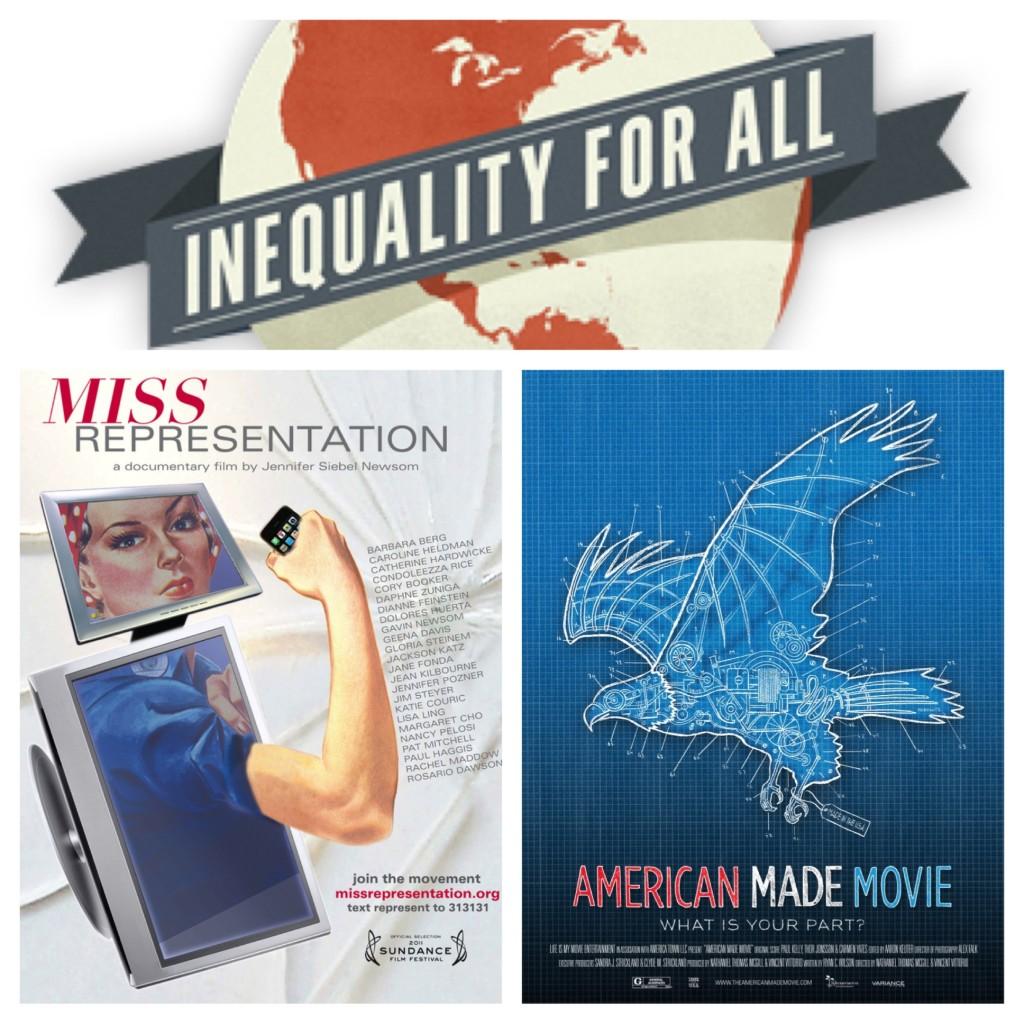Documentaries: Preserving The Initial Ambition
I pushed open the movie theater door and stepped out into the cold October evening, my head reeling with graphics, interviews, and inspirational messages. After watching the documentary “”Inequality For All,” my mind was racing a million miles an hour. I was caught up in the plight of the documentary’s subjects, taken aback by stunning visuals, and shocked by the facts that were presented to me. As I drove home with a friend down Shaker’s dark streets, she and I discussed what we had just seen, all of a sudden feeling incredibly motivated to somehow end income inequality.
Fast forward two weeks. Theory of Knowledge class brought me to the documentary “Miss Representation,” which outlines the objectification of women in American society and how truly repressed women are by the media. Again, I was overwhelmed by what I saw. It was as if my mind had room for nothing but the messages I’d just experienced in the documentary. Like my classmates, I was deeply troubled. How could women be gaining so little progress in leadership positions despite all the efforts that have been put forth since women’s liberation? I was utterly floored. Tears trickled down my friend’s face as she listened to how bleak the situation looks for women in today’s world.
Fast forward another week, when my Contemporary Economics course led me back to the small auditorium to view “American Made Movie,” a film discussing the plight of American small-business owners and our country’s disappearing manufacturing jobs. The documentary left me feeling just like the previous two — waist-deep in problems, but with no idea how to begin moving toward a solution. I felt as though I’d been left hanging with paralyzing problems and no specific ideas about how I could really make a difference.
After viewing documentary after documentary for three weeks in a row, I began to notice a pattern. Each film left me highly motivated at first — inclined to tell everyone I knew about the movie and the crucial message it delivered. Some, like “Miss Representation,” even changed the way I saw things around me in my everyday life that I’d never considered before. However, no matter how strongly I agreed with the message before me, I noticed, admittedly, that my initial enthusiasm always faded. Why was that?
I’m sure many of my classmates, and frankly anyone who’s ever watched a documentary, can attest to the feeling of first elation, then quickly falling enthusiasm, that follows motivational movies. No one wants to admit that they’re letting the message — whether it’s income inequality, women’s rights, saving the polar bears, or anything else — get away. Unfortunately, as humans, no matter how focused and noble our intentions may be at first, something almost always dispels our attention. Remember “Kony 2012?” The fanaticism that accompanied Kony, while exaggerated, is in a way representative of what every documentary watcher undergoes. There’s hype at first, but more often than not, it disappears.
I don’t want to downplay the effects of documentaries and what incredibly important social tools they can be. However, I am also sure I’m not the first person to feel the side effects of an inspiring film. Going forward, I think it’s important to watch these films with the intention of really doing something about the problems they so often outline. If “Kony 2012” and the rest of our culture’s initially viral documentaries stuck around longer to move people to take action, we’d live in a world with a whole lot fewer polar bears to save, industries to recover and equality to achieve.






